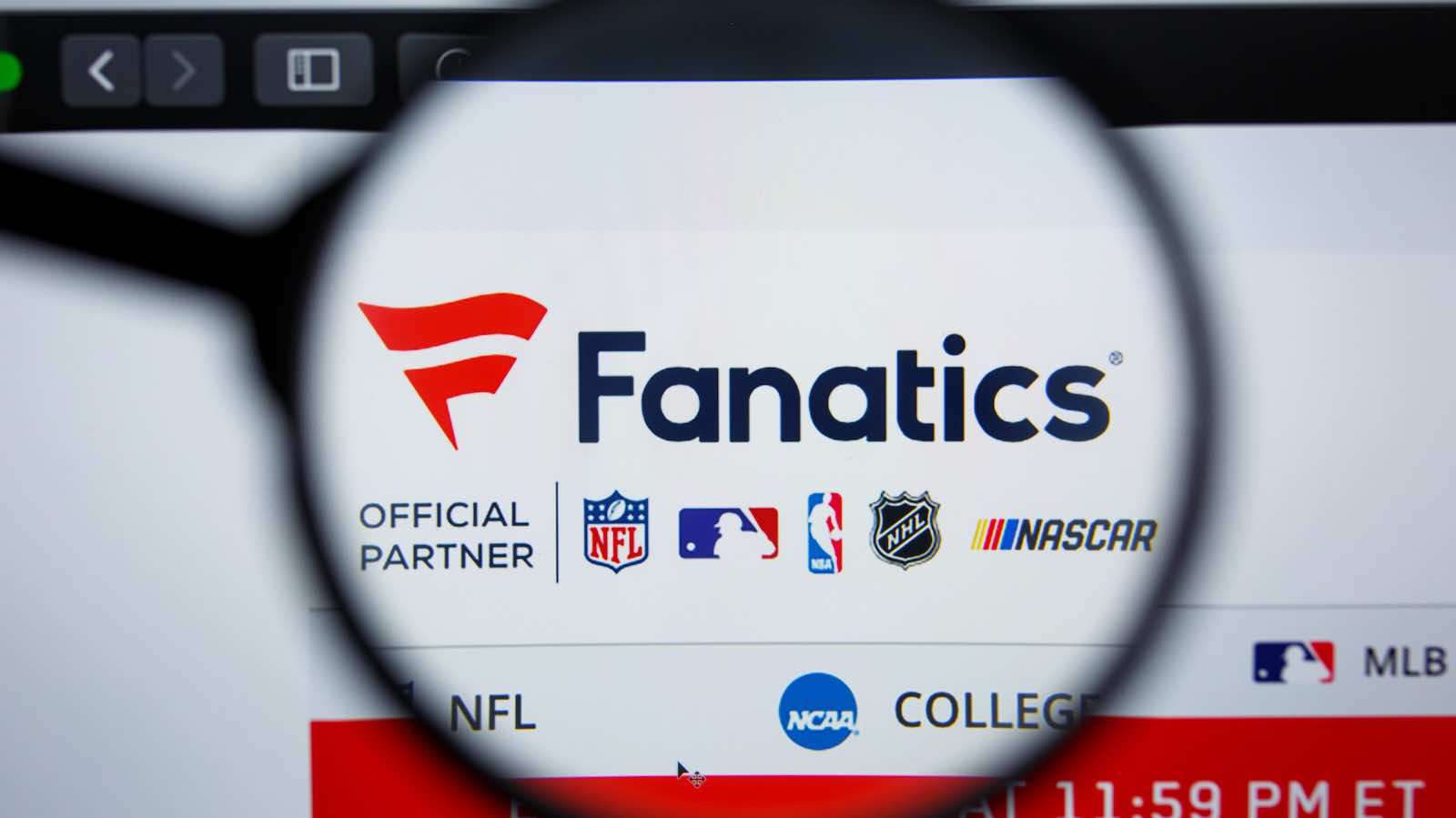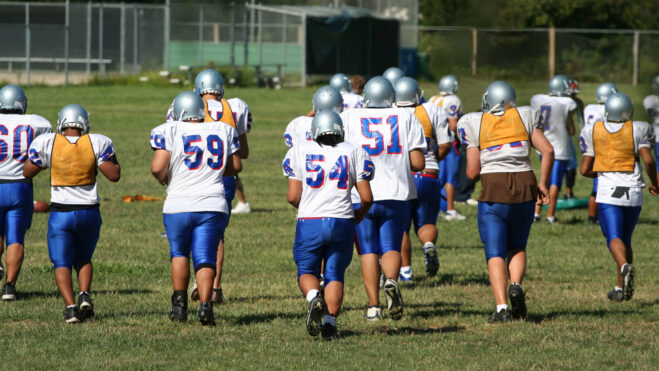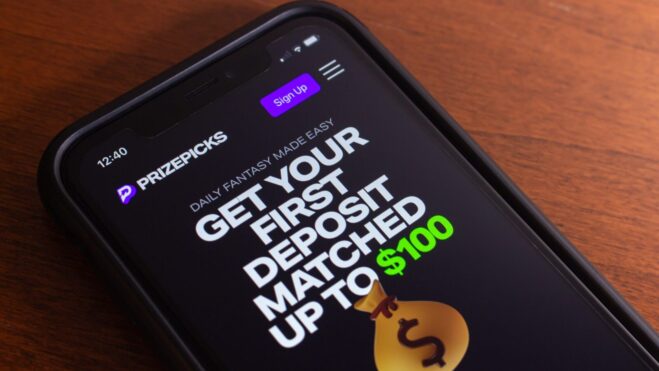Appeals Court Upholds DraftKings’ Noncompete Agreement, Blocking Former Exec From Joining Fanatics
Michael Hermalyn will ride the bench until February following the rejection of his appeal
2 min

A former top executive at DraftKings will be unable to work for rival sports betting company Fanatics before his noncompete agreement expires, the U.S. Court of Appeals for the First Circuit ruled on Thursday.
Michael Hermalyn, who previously served as the VIP marketing chief at DraftKings, challenged the enforceability of the agreement he signed before leaving the company, arguing that California law should apply to his case. However, the First Circuit rejected this argument, affirming that Massachusetts law governs the contract and that the noncompete clause remains valid.
An L for Hermalyn
Hermalyn’s departure from DraftKings has been contentious, with the sports betting giant accusing him of taking proprietary company information, including client lists (which included VIP customers) and confidential data, when he left for Fanatics, a rising competitor in the sports betting space. According to DraftKings, Hermalyn’s alleged actions violated his contractual obligations and put the company’s business at risk.
The core of the legal dispute centered on Hermalyn’s attempt to leverage California’s well-known policy against enforcing noncompete agreements. Hermalyn argued that since he moved from New Jersey to California after leaving DraftKings, he should be protected under California’s laws, which generally void agreements that restrict employees from joining competitors.
However, the First Circuit ruled that the law in Massachusetts, where DraftKings is headquartered and where the agreement was signed, should prevail in this case. The court’s opinion noted that the parties involved had explicitly agreed that Massachusetts law would govern Hermalyn’s noncompete agreement.
The court further stated that Hermalyn failed to show that California’s interest in protecting employees from noncompetes outweighed Massachusetts’ interest in preserving such contractual agreements, particularly given the business environment in which DraftKings operates. DraftKings had argued that Hermalyn’s knowledge of proprietary business strategies, client relations, and marketing techniques could give Fanatics an unfair competitive advantage if he were allowed to immediately start working for the rival company.
A W for DraftKings
The decision is a significant legal win for DraftKings as it seeks to protect its trade secrets and maintain its competitive edge. Hermalyn had initially requested that the court apply California law to invalidate the one-year noncompete period, which would have allowed him to begin working for Fanatics almost immediately.
By enforcing the Massachusetts-based noncompete, the First Circuit effectively blocked Hermalyn from taking up employment at Fanatics for the duration of the one-year restriction, which began when he left DraftKings Feb. 1.
The court underscored that Hermalyn’s relocation to California did not exempt him from the terms of the agreement he signed while working in Massachusetts. The opinion also stated that allowing California law to override Massachusetts law would provide Hermalyn with an avenue to circumvent the nationwide preliminary injunction that enforces the noncompete.
This case has broader implications for how noncompete agreements are enforced across state lines, particularly in industries like sports betting, where competition is fierce and companies invest heavily in customer acquisition and retention. As more companies expand nationally and internationally, disputes over which state’s laws apply to employment contracts are becoming increasingly common.





